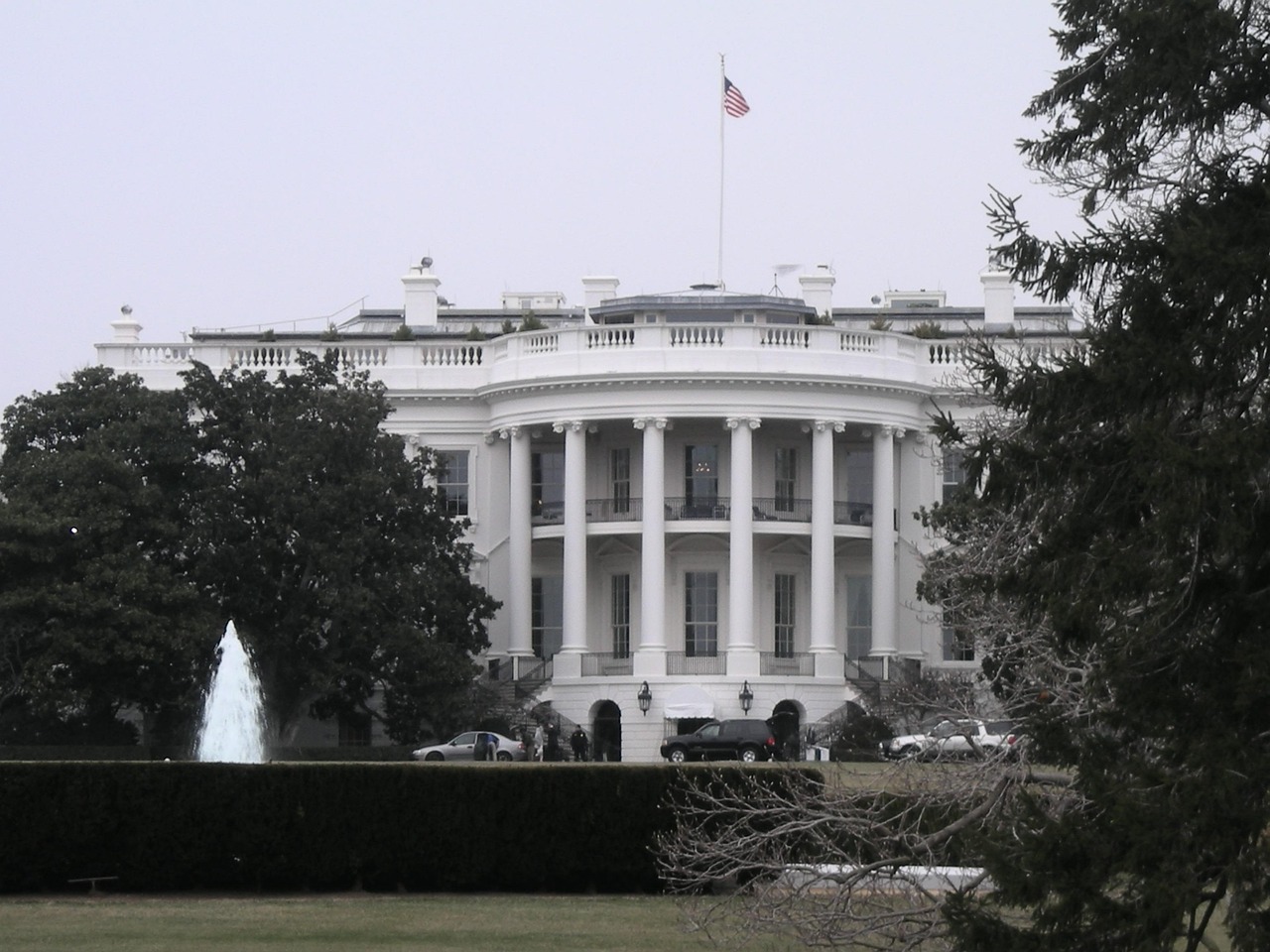In a sweeping and unprecedented move, the Trump administration’s Department of Justice filed a lawsuit this week against all 15 federal district court judges in Maryland, accusing them of issuing an “unlawful, antidemocratic” order that temporarily halts deportations for certain immigration detainees.
At the center of the legal firestorm is a standing order from Chief Judge George L. Russell III of the U.S. District Court in Maryland. Issued in May, the order grants a 48-hour stay of removal to any individual in immigration custody who files a habeas corpus petition—an emergency lawsuit challenging alleged unlawful detention. The Trump DOJ contends this policy undermines federal immigration enforcement and violates legal boundaries.
According to the Washington Post, the Department of Justice claims that Judge Russell’s directive creates an automatic delay in deportations without individual judicial review, characterizing it as an overreach of judicial authority. “A sense of frustration and a desire for greater convenience do not give Defendants license to flout the law,” the complaint states.
Mounting Tensions Between Executive and Judicial Branches
The lawsuit marks an extraordinary escalation in the Trump administration’s already combative relationship with the federal judiciary, particularly in cases involving immigration policy. Maryland has long been a legal battleground for challenges to enforcement, with judges frequently ruling against the administration’s deportation efforts.
– Advertisement –
In his original order, Judge Russell cited operational chaos stemming from a flood of after-hours habeas petitions. “The recent influx of habeas petitions concerning alien detainees … that have been filed after normal court hours and on weekends and holidays has created scheduling difficulties and resulted in hurried and frustrating hearings,” he wrote. He added that it has become increasingly difficult for judges to obtain reliable information about petitioners’ locations and statuses in time to issue fair rulings.
But the DOJ insists that the court’s order goes too far. The agency, now led by Attorney General Pam Bondi, has signaled that it intends to crack down on what it views as judicial activism that hampers immigration enforcement. A DOJ spokesperson said on X (formerly Twitter), “This is just the latest action by @AGPamBondi’s DOJ to rein in unlawful judicial overreach.”
Legal and Political Fallout
Democrats quickly condemned the lawsuit as a dangerous and unprecedented attack on judicial independence. Maryland Governor Wes Moore denounced it in strong terms: “After blatantly violating judicial orders, and directing personal attacks on individual judges, the White House is turning our Constitution on its head by suing judges themselves,” Moore said. “Make no mistake: this unprecedented action is a transparent effort to intimidate judges and usurp the power of the courts.”
Legal scholars also expressed alarm, though some acknowledged the case could raise legitimate legal questions. Carl Tobias, a constitutional law professor at the University of Richmond, called the lawsuit “mind-boggling.”
“I think they’re trying to claw back their jurisdiction,” Tobias said. “There’s a performative aspect to all this stuff. The American people don’t need to be manipulated, and certainly the federal courts don’t need that.”
Next Steps
Legal analysts say the lawsuit is likely to trigger a fierce court battle over the separation of powers, one that could wind its way to the Supreme Court. The outcome may redefine the scope of judicial authority in immigration detention cases and further inflame the political divide over the role of the courts.
Meanwhile, pro-immigration advocates warn that the suit could have a chilling effect on legal protections for detainees seeking urgent judicial review. “This isn’t about convenience,” said one attorney representing detainees in Maryland. “This is about life-or-death decisions being rushed through without due process. The courts are the last line of defense.”
As the case unfolds, it is likely to set the tone in the broader debate over immigration, executive power, and judicial independence in an increasingly tense political climate.
Sponsored
Radical Democrats want to destroy Chip Roy. If we lose him, the Swamp wins. Stand with Chip now.


